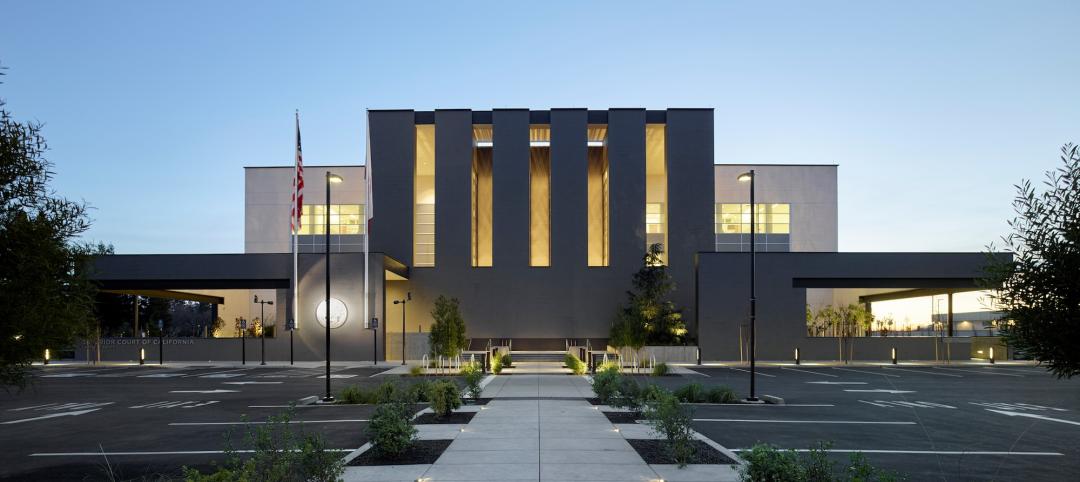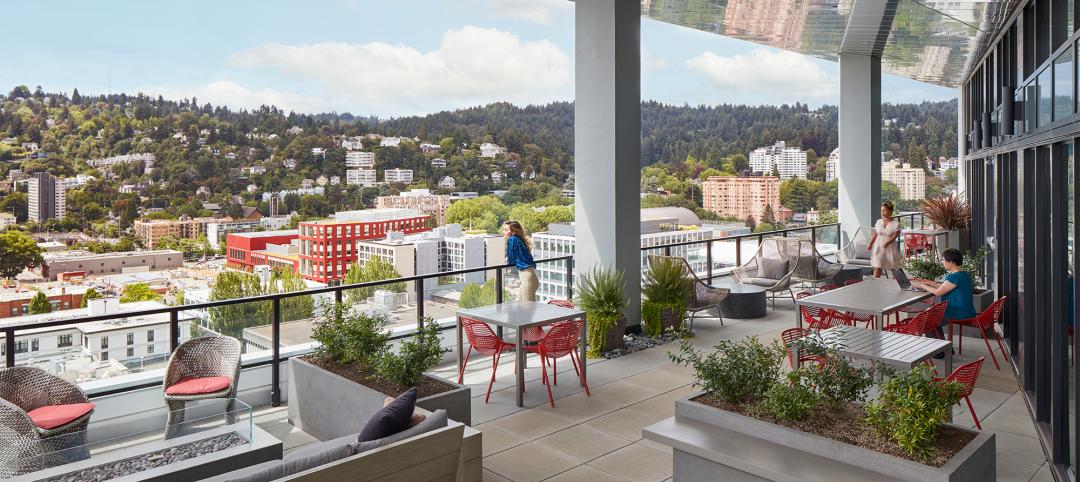An unusual surge in public construction in October pushed total construction spending to its highest level since May 2009 despite a dip in both private residential and nonresidential activity, according to an analysis of new Census Bureau data by the Associated General Contractors of America. Association officials urged lawmakers in Washington to make water and surface transportation investment a top federal priority.
“Nearly every category of public construction increased in October, according to the preliminary Census figures, although for the first 10 months of 2013 combined, public spending continues to lag the 2012 year-to-date total,” said Ken Simonson, the association's chief economist. “Meanwhile, residential spending slipped for the month but still showed strong year-to-date gains, and nonresidential spending remained stuck in neutral.”
Construction put in place in October totaled $908 billion, 0.8 percent higher than in September. But figures for August and July were revised down below levels that initially exceeded the current October estimate. The total for the first 10 months of 2013 was 5.0 percent above the year-to-date mark for the same months in 2012.
Public construction spending jumped 3.9 percent for the month but trailed the 2012 year-to-date total by 2.8 percent. The two largest public components were mixed: highway and street construction increased 0.6 percent in October and 0.3 percent year-to-date, while educational construction leaped 8.5 percent for the month but fell 8.5 percent year-to-date, Simonson said.
Private residential spending slid 0.6 percent for the month but still climbed 17 percent year-to-date. New single-family construction decreased 0.6 percent in October but soared 30 percent in the first 10 months of 2013 compared with 2012. New multifamily spending advanced 2.2 percent in October and 46 percent year-to-date.
Private nonresidential spending edged down 0.5 percent for the month and up 0.8 percent year-to-date, Simonson observed. The largest private nonresidential category, power—including oil and gas as well as electricity—plunged 5.7 percent and 5.8 percent over the two time periods. But the next three niches in size—manufacturing, commercial (retail, warehouse and farm), and office—rose for the month and year-to-date.
“Construction will likely display varied patterns in the next several months,” Simonson said. “Multifamily construction will keep burgeoning but single-family homebuilding may stall. Private nonresidential spending should benefit from more power, energy and manufacturing work. Public construction remains threatened.”
Association officials said Congress and the administration should keep public construction from returning to its recent slump by quickly completing Water Resources Development legislation that has already passed both houses and passing a new surface transportation bill next year that funds repairs to deteriorating highway, bridge and transit infrastructure. They added that any new transportation bill must include provisions to adequately fund the nearly depleted federal Highway Trust Fund.
“If Congress can act in a bipartisan way on transportation funding as it did on the Water Resources bill, it can avoid a cliff-like drop in highway spending,” said Stephen E. Sandherr, the association’s chief executive officer.
Related Stories
Architects | Jan 10, 2024
Award-winning civic design firm RossDrulisCusenbery joins DLR Group
DLR Group today announced the acquisition of Sonoma, California based civic and public safety design firm RossDrulisCusenbery (RDC). The addition of RDC adds focused design excellence of new building types to DLR Group’s global Justice+Civic studio.
Museums | Jan 8, 2024
Achieving an ideal visitor experience with the ADROIT approach
Alan Reed, FAIA, LEED AP, shares his strategy for crafting logical, significant visitor experiences: The ADROIT approach.
Designers | Jan 8, 2024
DLR Group adds executive leaders
DLR Group Chief Executive Officer Steven McKay, AIA, RIBA, announced new executive leaders for the 100% employee-owned, globally integrated design firm.
AEC Tech | Jan 8, 2024
What's driving the surge of digital transformation in AEC today?
For centuries, the AEC industry has clung to traditional methods and legacy processes—seated patterns that have bred resistance to change. This has made the adoption of new technologies a slow and hesitant process.
K-12 Schools | Jan 8, 2024
Video: Learn how DLR Group converted two big-box stores into an early education center
Learn how the North Kansas City (Mo.) School District and DLR Group adapted two big-box stores into a 115,000-sf early education center offering services for children with special needs.
Green | Jan 8, 2024
DOE releases RFI on developing national definition for a Zero Emissions Building
The Department of Energy released a Request for Information (RFI) for feedback from industry, academia, research laboratories, government agencies, and other stakeholders on a draft national definition for a Zero Emissions Building.
Codes and Standards | Jan 8, 2024
Australia to be first country to ban engineered stone countertops
In 2024, Australia will be the first country to ban engineered stone countertops. The ban came after a years-long campaign supported by doctors, trade unions, and workers over concerns that the material was causing increased silicosis cases among workers cutting and handling it.
Roofing | Jan 8, 2024
Researchers devise adaptive roof tile concept that adjusts to ambient temperatures
Scientists at the University of California Santa Barbara published a paper that proposes adaptive roof tile technology that can adjust to ambient temperatures. Using a wax motor, tiles could switch from a heating or cooling state enabling savings on heating and cooling costs.
MFPRO+ News | Jan 4, 2024
Bjarke Ingels's curved residential high-rise will anchor a massive urban regeneration project in Greece
In Athens, Greece, Lamda Development has launched Little Athens, the newest residential neighborhood at the Ellinikon, a multiuse development billed as a smart city. Bjarke Ingels Group's 50-meter Park Rise building will serve as Little Athens’ centerpiece.
MFPRO+ Special Reports | Jan 4, 2024
Top 10 trends in multifamily rental housing
Demographic and economic shifts, along with work and lifestyle changes, have made apartment living preferable for a wider range of buyers and renters. These top 10 trends in multifamily housing come from BD+C's 2023 Multifamily Annual Report.

















